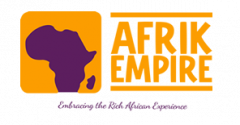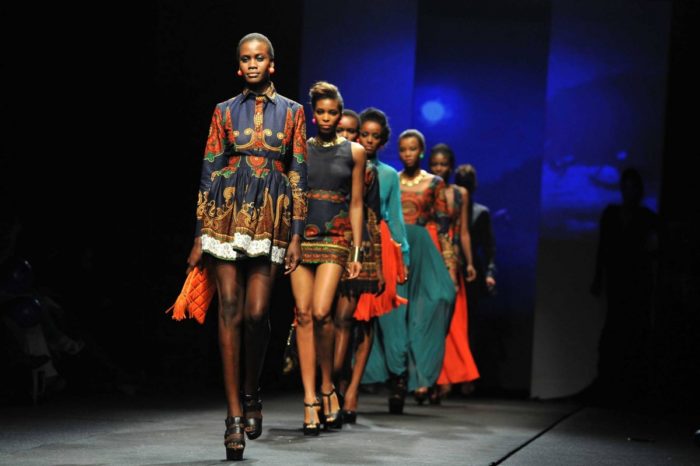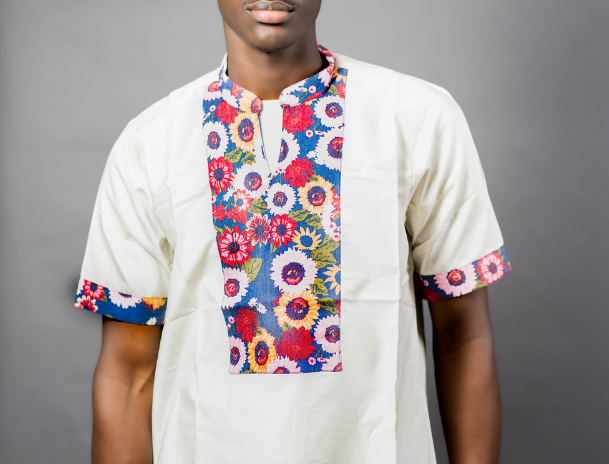Top 5 African Fashion News for October 2021
NIGERIAN DESIGNER “EMMANUEL OKORO” WINS THE INAUGURAL AFRICAN FASHION UP PRIZE.
Nigerian designer Emmanuel Okoro has won the top prize at the inaugural edition of Africa Fashion Up, a showcase for African designers, with his Emmy Kasbit men’s and women’s collections made using traditional West African weaving techniques.
Okoro was one of five designers shortlisted for the event in Paris, organized by the Share Africa platform in partnership with Balenciaga, which will mentor the finalists for six months.
In addition to attending masterclasses with members of Balenciaga’s executive committee, the finalists met buyers from Galeries Lafayette and visited the workshop of Imane Ayissi, the first sub-Saharan designer to show on the official couture calendar in Paris and patron of the event, which climaxed with a fashion show at the Hôtel Salomon de Rothschild on Friday evening.
The competition was open to designers under 40 whose brand is at least two years old, and who have produced a minimum of two ready-to-wear collections. Okoro, who won the 2018 Fashion Focus Fund prize at Lagos Fashion Week, impressed the judges with his sharp tailoring using Akwete cloth in a variety of citrus colors.
2. AFRICAN FASHION MEETS MUSIC AT DFA
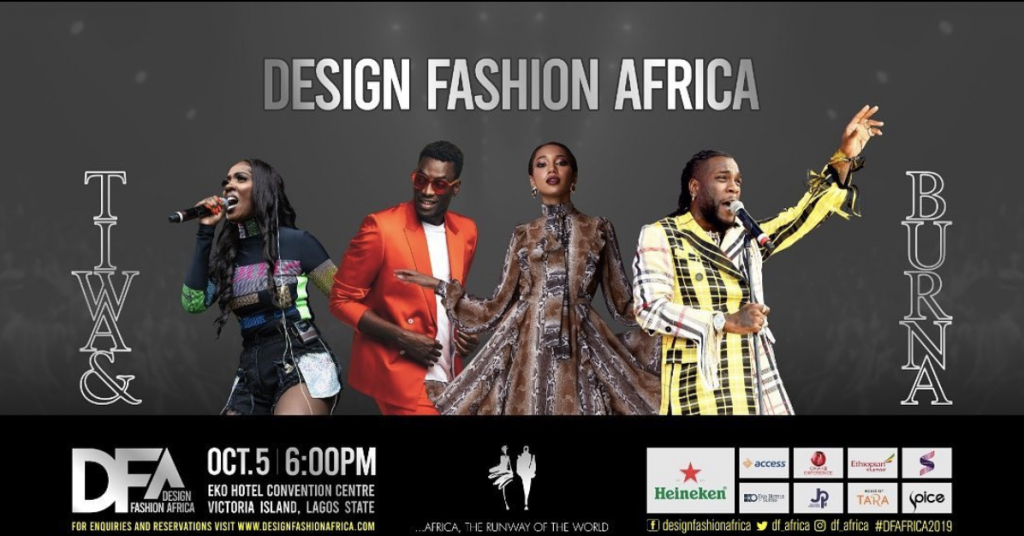
Top designers from different parts of Africa graced the “Design Fashion Africa” event to showcase different creative African fashion following this year’s theme ‘Creative Cultures’. Designers like Yomi Casual, Zikora, Jurio Lutti, Niposkin, Skentele by Etti, Studio Trybe, Meklit.me, Lulla Studio and Femi Toys, among others, all showcased different fashion wears both for men and women.
The Theme, ‘Creative Cultures’ responds to the growing need to blend the African Fashion and creative industries with global brands and partnerships, such as Heineken amongst others.
Fashion lovers were excited by the display of style on the runway, music lovers also have a great time with performances from amazing Nigerian artists at the event such as Patoranking, Aramide, Crayon, Tclassic, Ric Hassani, Ycee, Dapo Turbuna, Reekado Banks and others.
Valerie Ike was tasked with the honour of receiving the guests on the Black Carpet while the duo of Eso Dike and Idia Aisen was seen entertaining the guests as the event host.
Business Development Manager (Low and No) of the Heineken Company, Sampson Oloche, who was present at the show said they believe the DFA is definitely a big property.
Speaking at the event, Oloche said, “We have been supporting fashion for 11 years,” he said. “I am happy the event was a success as designers were given the opportunity to showcase their creativity.
DFA towards getting to the final event organized a reality show with over 2000 video entries received from different parts of Africa with designers showing off their pieces.
With judges like Godson Ukaegbu, Adebayo Oke-Lawal, Akin Faminu, Oluwatosin Ogundadegbe and others, the entries were reduced to 10 with the lucky 10 camped at a location in Lagos for 30 days where the eventual winner, Zikoranachukwuebuka Ikebuaku of Zikora, came out on top.
The winner received ten thousand dollars to create their designed garment and showcase it within the Design Fashion Africa weekend in October.
3. THE IFFAC BEGINS LONG-TERM CAPITAL VEHICLE TO SUPPORT AFRICAN FASHION DESIGNERS DURING PARIS FASHION WEEK
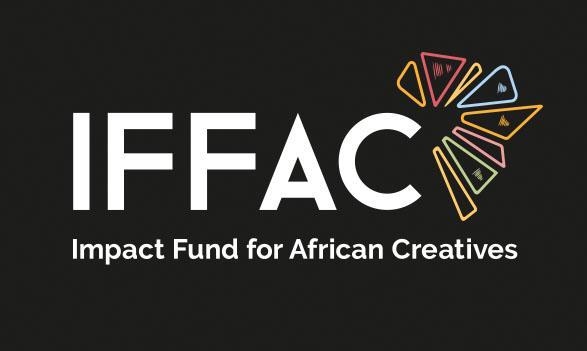
The African continent has long been growing talent in the fashion design industry but there has been a lack of investment to push designers for the long journey. But this has been changing in the past few years. During Paris Fashion Week the first long-term capital support for African designers was launched and this is just the beginning.
At the end of the spring-summer season in the City of Lights, the Impact Fund for African Creatives (IFFAC) gathered in central Paris to host a press conference on doing something about the underappreciated talent and commercial power of Africa’s creative industries. Foundedin 2011 by the Ghanaian Roberta Annan, the IFFAC aims to support African designers.
“It took me three years to bring this into fruition and today we’re excited to unveil the businesses under IFFAC,” she said.
4. KENYAN MODEL ROSELYNE OGONYA SHINES IN ITALY AFTER GETTING FEET REDUCTION SURGERY.
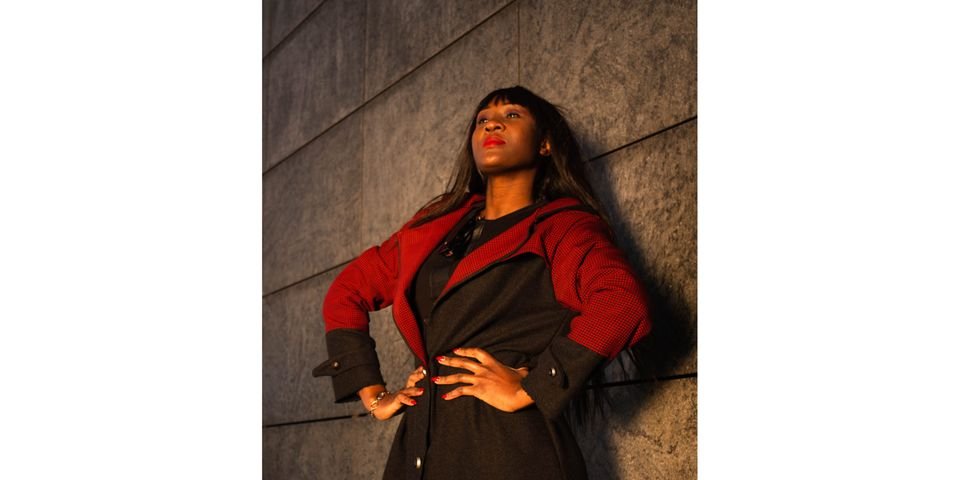
Roselyne Ogonya was not happy that she kept losing modelling jobs in Italy, due to her large “Kisumu” feet. So, she underwent an operation to reduce them.
She used to have a size 43 foot but after the surgery, which she says involved the reduction of the longest toe, she fits comfortably in size 41½ shoes.
“I had very big feet and the designers who liked me always sent me to the runway without shoes,” she says.
But other designers could drop her altogether upon realizing that she could not fit in the shoes they made.
“I used to cry those days; I was so depressed. This is how it works: You go for the casting where you’re like 10 or 20 or 30 models. Then they choose the ones they like. I was always chosen. Then you go to fit the dress. Then after fitting the dress, you go to the shoes. So, it used to happen that after I’d done all the fitting and my spirits were high, shoes couldn’t fit,” she says.
After getting the feet reduction surgery, the Kenyan model is able to finally show what she is made of. She has been featured on major runways and events ever since she reduced her feet expressing how happy she is.
5. US FASHION CONTAMINATES AFRICA’S WATER
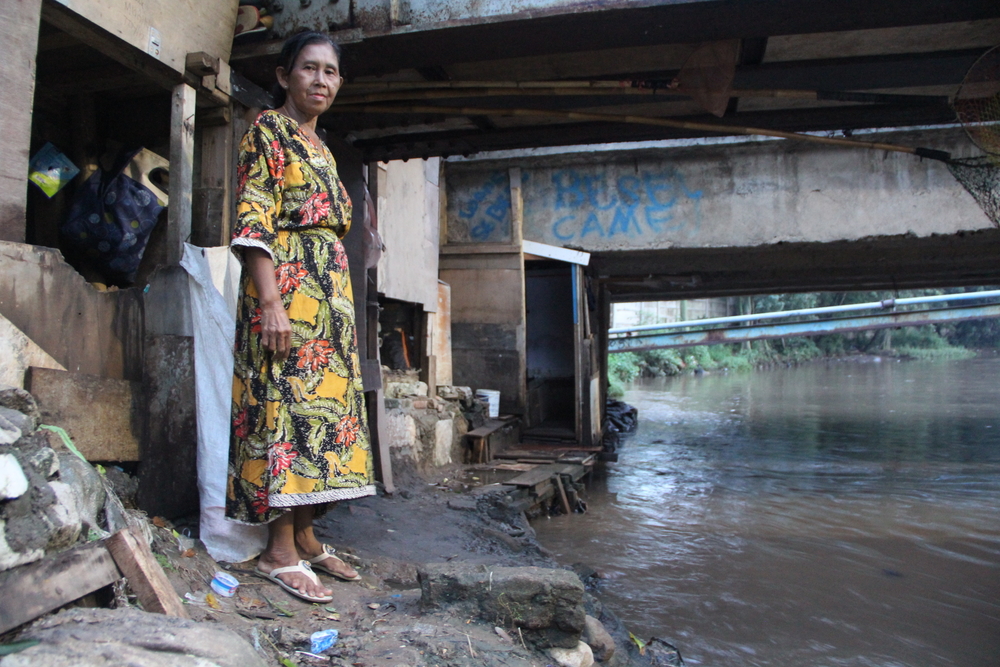
Lesotho is constantly paying a heavy price from rivers that turn blue with dye pollution to dangerous working conditions, for its textile industry, whose garments its factories produce end up on the shelves of global fashion brands.
The pollution they produce does not travel quite as far: people living downriver complain that the fashion industries contaminate their fresh water supplies, while workers at the factories are perhaps most affected. One man spoke of the “unbearable dusty conditions” and chemicals from denim dye that have left him with chronic breathing problems.
In Lesotho, the report claims that clothing industries cause water pollution in the nearby towns of Maseru and Maputsoe and that poor solid waste management by the industry remains a major problem in the country’s river systems.
The pollution was causing tension between the companies and the residents in a report given by a senior government official.
At Formosa Textiles, a worker who wanted to be anonymous said he began experiencing chest-related problems in 2017, three years after he was employed. He blames the dusty conditions and chemicals used to dye denim for his chest condition. The company’s website says it employs 1 200 workers, and has machines responsible for “denim dyeing”, among others.
While residents rely on the employment of these fashion companies, they will have to choose between good health and a job.
If you found this article useful, please share it with your friends and loved ones. If you have any questions or special requests, you can reach out to us and we would be glad to help you to purchase and sell African fashion with cryptocurrency in Canada and the United States.
Get in touch with us on; https://www.afrikempire.ca or https://afrikempire.com
Facebook – https://www.facebook.com/afrikempireca
Instagram – https://www.instagram.com/afrikempire
Telegram – https://t.me/joinchat/g0Pn0ktUhW9jZmRk
Twitter – https://twitter.com/afrikempireca
YouTube – https://www.youtube.com/channel/UC-SOW3oZiyhU
Email – info@afrikempire.ca
